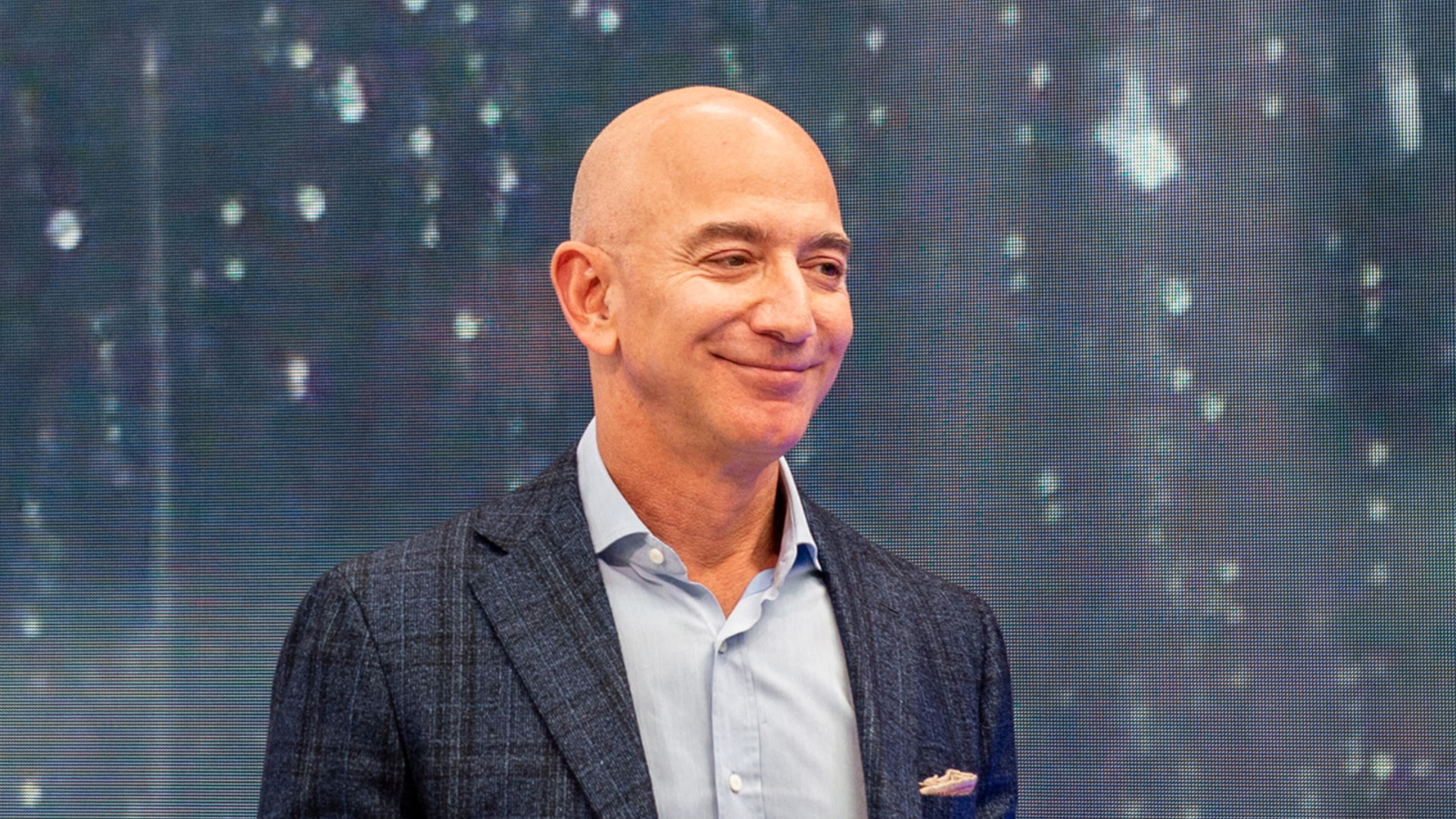When civil tensions erupted across the country in the summer of 2020, former Amazon CEO and founder Jeff Bezos was quick to donate $10 million to the Black Lives Matter movement.
Bezos, individually and through the Amazon platform, has since made many other donations to groups supporting education and justice for black communities across the U.S. According to Amazon's corporate website, the mega-retailer stands in solidarity with its black employees, customers and partners, and is committed to "helping build a country and a world where everyone can live with dignity and free from fear."
But with Amazon being scrutinized for potentially abusive labor-transfer programs involving school children and incarcerated prisoners, activists are asking if the charitable donations at a time of civil unrest were driven by sincere humanitarian concerns or just part of a careful corporate performance?
It's been reported that the nonprofits that received Bezos’ donations strongly support anti-prison labor initiatives. Prison labor, or penal labor, is work that is performed by incarcerated individuals or individuals being held against their will. The situation involves modern slavery risks because of its inherent power imbalance and because those incarcerated have few avenues to challenge abuses.
Despite donations to these organizations, Amazon was one of numerous big-name brands and retailers caught in a report that found thousands of Chinese workers from Xinjiang — a region rife with turmoil as the area’s Uyghur population were detained against their will by the Chinese government, held in “re-education camps” and even may be victims of genocide at the hands of the CCP — were forcibly sent to factories manufacturing electronics, textiles and automobiles.
The report, published in March 2020 by the Australian Strategic Policy Institute (ASPI), identified 83 foreign and Chinese companies that benefited from the use of Uyghur workers outside Xinjiang through potentially abusive labor-transfer programs. In response to the report, Amazon stated it had been falsely identified as sourcing its products from three entities using forced labor, and said it has stopped sourcing from a fourth entity using forced labor in July 2020.
Amazon found itself center stage of a China Labor Watch analysis that alleged the company has not only exploited the Uyghur population, but Chinese children as well. The report’s documents revealed that more than 1,000 school children aged 16-18 employed by Foxconn, Amazon's supplier, were exploited to meet production targets during peak sales periods.
Recruited from area schools and deemed “interns,” these children reportedly were used as more affordable labor alternatives to adults in factories that struggled to retain permanent staff. The children reportedly were expected to work overnights and overtime in the supposed internships that had no relevance to their schoolwork.
Amazon released a statement days after the report stating that Foxconn's treatment of children was being investigated.
"There have been instances in the past where lax oversight on the part of the local management team has allowed this to happen and, while the impacted interns were paid the additional wages associated with these shifts, this is not acceptable and we have taken immediate steps to ensure it will not be repeated," Foxconn stated, according to an August 2019 Business and Human Rights Resource Centre article.
“It is opportunistic of Amazon to use this moment to make empty and hypocritical statements when it is simultaneously building the backbone for many police departments across the country,” said Jacinta Gonzalez of Mijente, a grassroots organizing group, according to Black Enterprise. “The company perpetuates policies and technologies that are clearly targeting and harming black and brown communities.”

